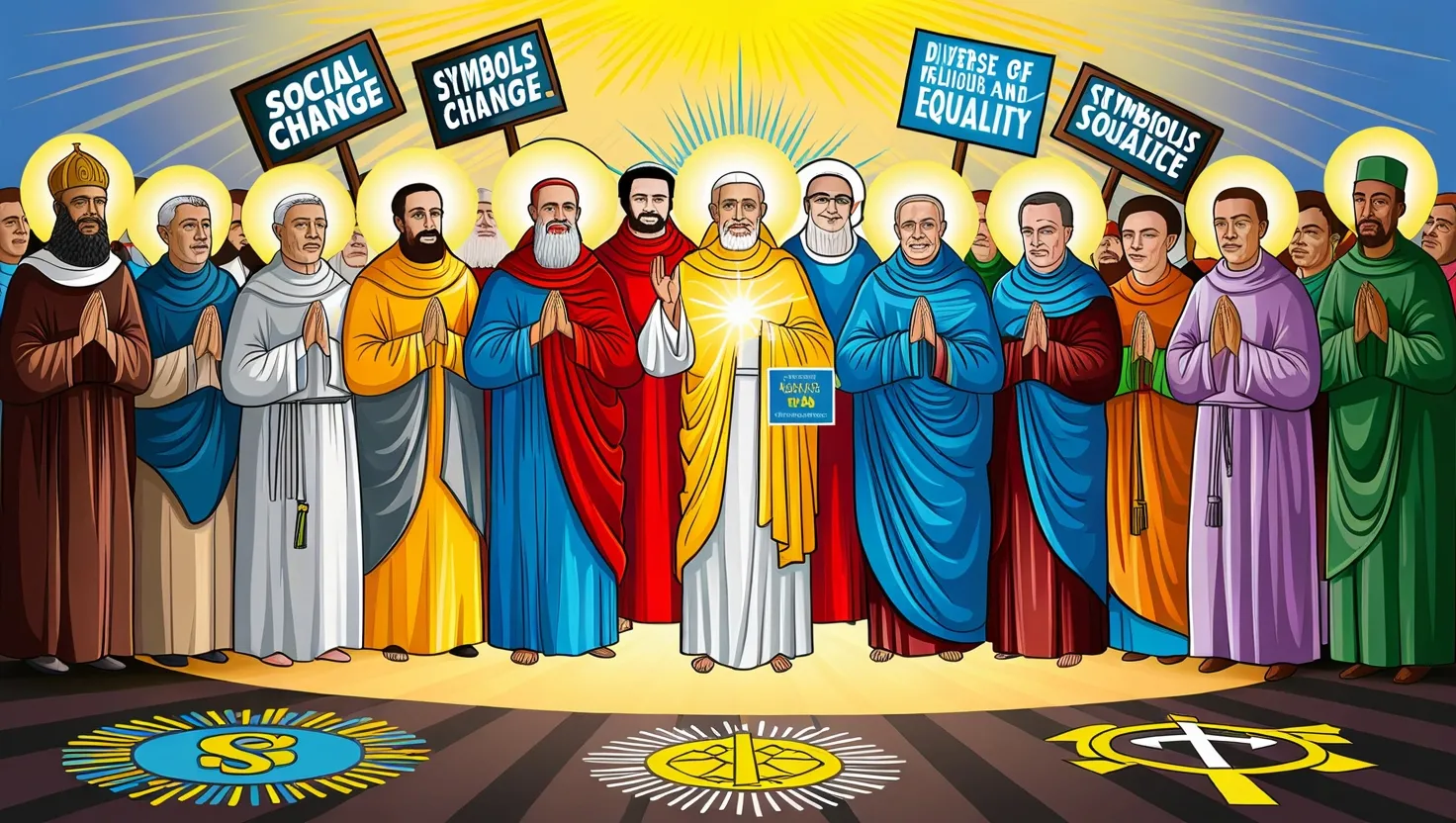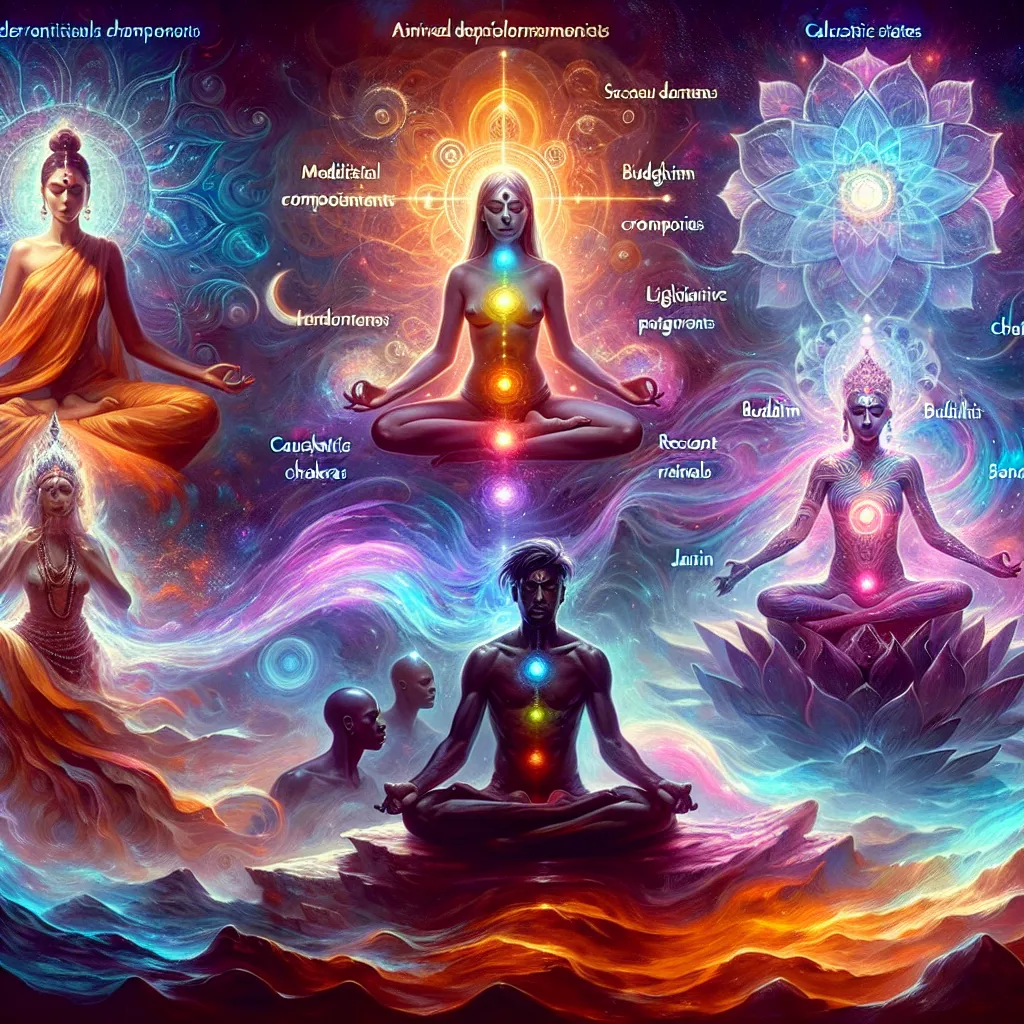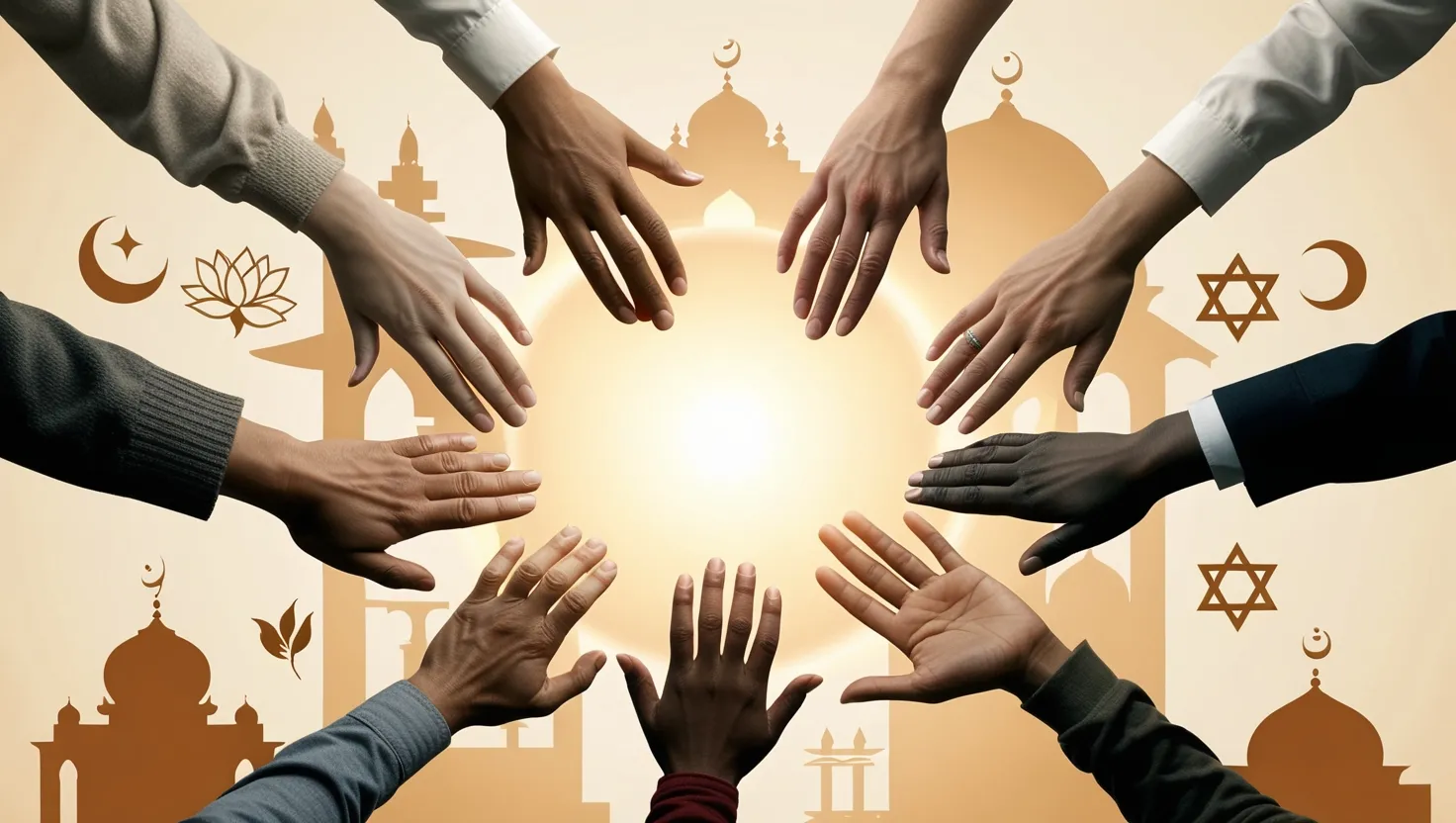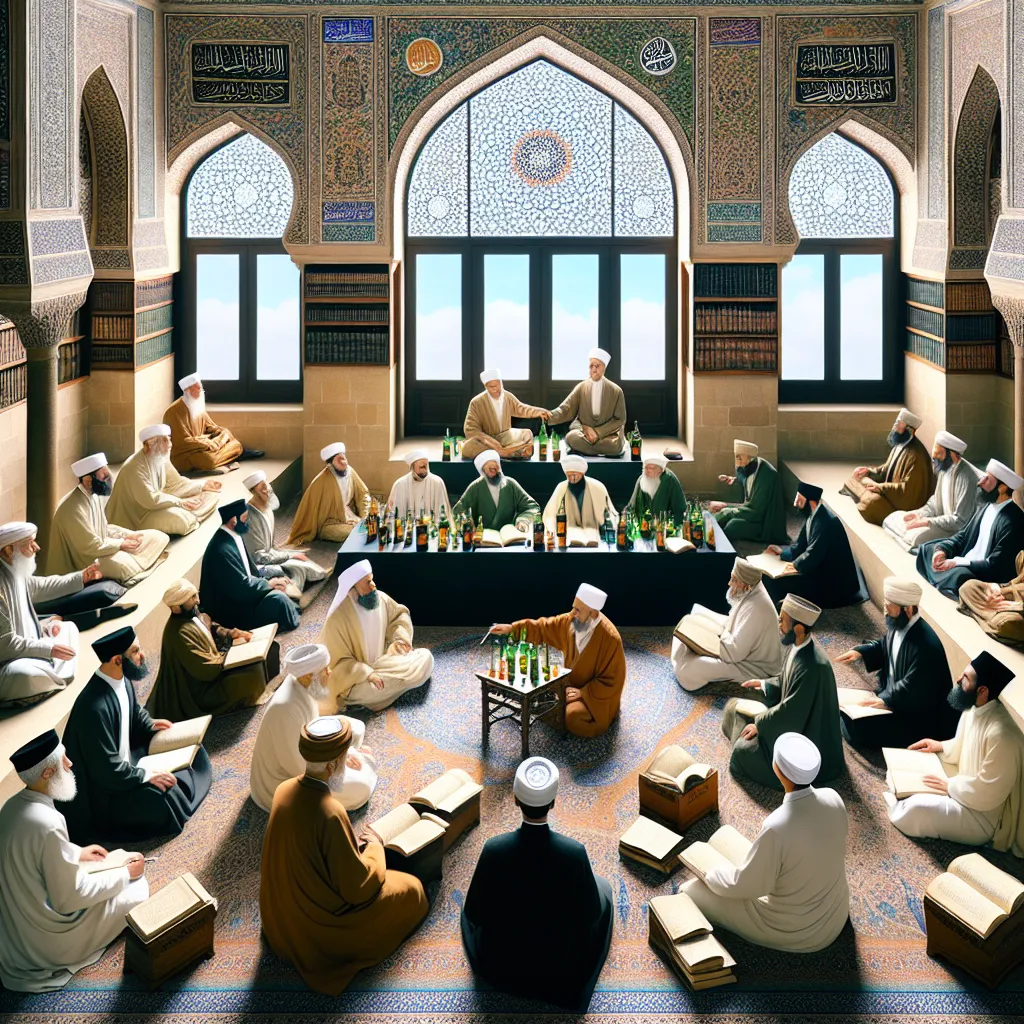When we think about social change, we often focus on modern-day activists and movements, but the truth is, some of the most profound challenges to social norms have come from religious figures throughout history. These individuals, driven by their faith and a vision of a more just world, have left indelible marks on society.
Let’s start with Jesus of Nazareth, a figure whose teachings continue to resonate deeply today. In ancient Judea, Jesus challenged the rigid religious hierarchies and social divisions that dominated the landscape. He was known for associating with outcasts – the lepers, the prostitutes, and the tax collectors – people who were shunned by society. His message of radical love and forgiveness was revolutionary, as it suggested that everyone, regardless of their background or status, was worthy of love and acceptance. This was not just a theological stance; it was a direct challenge to the social norms that perpetuated inequality and exclusion.
In another part of the world, around the same time, Buddha was making waves in ancient India. Born into a life of luxury as a prince, Buddha rejected the comforts of his royal life to seek spiritual enlightenment. One of his most significant contributions was his rejection of the caste system, a rigid social hierarchy that dictated one’s status and opportunities from birth. Buddha advocated for spiritual equality, allowing women and lower castes to join his monastic community. This was a radical move, as it challenged the deeply ingrained social norms that had been in place for centuries.
Fast forward to 7th century Arabia, where Muhammad was transforming the social landscape. In a society where women had few rights, Muhammad introduced reforms that significantly improved their status. He granted women inheritance rights, prohibited female infanticide, and established that women had the right to education and to own property. These changes were monumental, especially considering the patriarchal society in which they were introduced. Muhammad’s teachings not only reflected his commitment to justice but also set a precedent for future generations to follow.
In Europe, during the 16th century, Martin Luther was at the forefront of another significant social and religious upheaval. Luther challenged the authority of the Catholic Church, arguing that scripture should be accessible to everyone, not just the clergy. His advocacy for education reform and his translation of the Bible into vernacular languages empowered common people to engage directly with religious texts. This democratization of faith was a powerful challenge to the existing power structures of the Church and had far-reaching implications for social justice and human rights.
On the Indian subcontinent, around the same time as Luther, Guru Nanak was laying the foundations of Sikhism. Guru Nanak rejected the caste distinctions and gender inequality that were pervasive in 15th century India. He promoted social equality, emphasizing that all humans are equal in the eyes of God. His teachings encouraged people to look beyond the superficial divisions of caste and gender, fostering a sense of community and inclusivity. The langar, or communal kitchen, which is a central part of Sikh practice, is a testament to this vision – a place where people from all backgrounds come together to share meals and break down social barriers.
These religious figures were not just spiritual leaders; they were social reformers who dared to challenge the status quo. Their teachings were often met with resistance, but they persisted, driven by a deep conviction that a more just and inclusive society was possible. Today, their legacies continue to inspire social justice movements and human rights discussions around the world.
The impact of these leaders extends beyond their immediate contexts. They show us that faith can be a powerful tool for social change, rather than just a source of comfort or tradition. By challenging existing power structures and promoting more inclusive societies, they set a precedent for future generations to follow.
In a world where social norms are often presented as fixed and unchangeable, these figures remind us that change is possible. They demonstrate that even the most deeply ingrained social norms can be challenged and transformed through innovative and collaborative efforts. Faith, in this context, is not just a personal belief but a public imperative – a call to action that can bring about significant social transformation.
As we reflect on these leaders, we are reminded that social change is often the result of courageous individuals who are willing to challenge the norms of their time. Their stories are a testament to the enduring power of faith and the human spirit to create a more just and equitable world.






